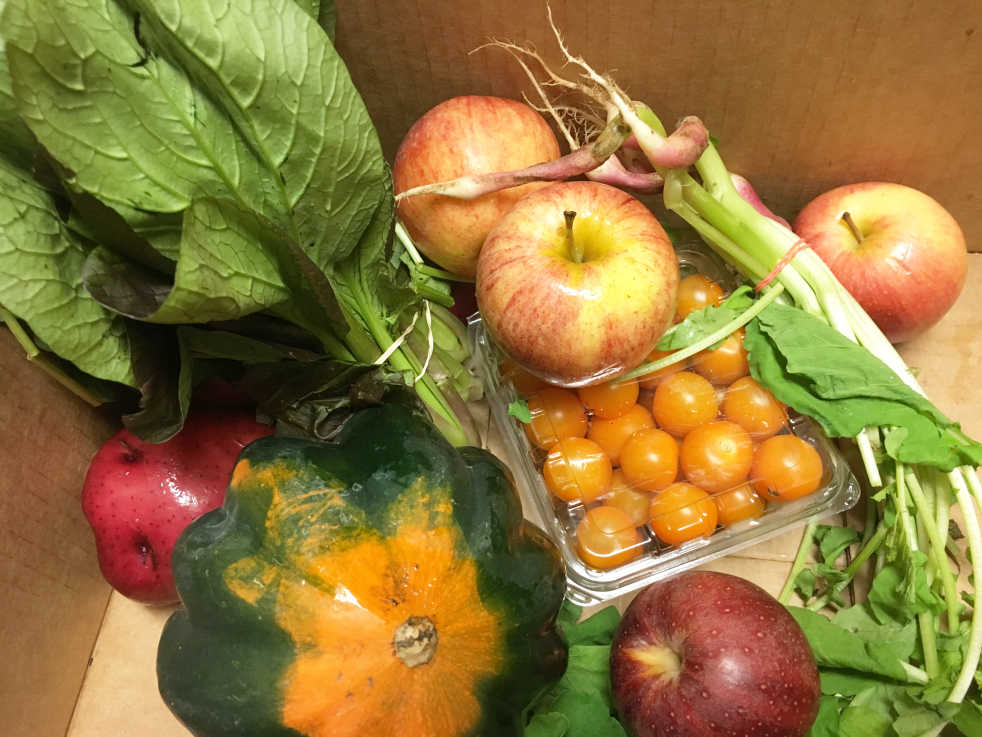Every other Wednesday when students, staff and faculty go to the second floor of the Student Center, they walk by a chalkboard advertisement in various vibrant colors of chalk. If they chose to go for a closer inspection, they will notice the Healthy Space, set up with cartons of various colorful produce. These apples, carrots, eggs and more are brought there due to Farm Share.
Farm Share is a campus initiative that provides locally-sourced fruits and vegetables along with a dozen certified humane eggs. Farm Share is brought to Tech through a non-profit group, The Common Market, and through a partnership with the Georgia Tech Office of Sustainability. The Farm Share on Tech’s campus is one of five successful sites
in Atlanta.
The service is hosted in the Healthy Space, a spot set aside on the second floor of the Student Center for students to learn about health and well-being on campus. To reserve a spot, the event or organization must be related to Tech’s community, health and well-being. As a provider of fresh produce, Farm Share made the cut; they reserve the spot every other week to deliver fresh produce to students.
Farm Share consists of two seasons, one that runs from May to October and one that starts in November and ends in May.
Currently, Farm Share is in the last stretch of their first season. Forty-two members of the Tech community signed up and paid the $29 per delivery to receive fruits and vegetables produced by farmers in Georgia and Alabama.
These farmers benefit from the Farm Share because they are paid up front. Farmers often have to wait until after harvest to get paid for their production. This results in large periods of time during the year when farmers have no income. With the Farm Share, farmers receive their investment up front.
Students also benefit, because they are eating fresh, local produce without having to take a trip to the Farmer’s Market.
Malte Weiland, senior sustainability project manager, helped coordinate the Farm Share effort at Tech.
“If you’re not a vegetable person, you’re going to become one,” said Weiland. According to him, it is common for people at Farm Share to come across a vegetable they have not interacted with before, from Japanese spinach to even bell peppers.
Prior to working with the Office of Sustainability at Tech, Weiland worked on similar programs. One was in a company in Duluth, Ga., while the other was at University of South Carolina. He stated that he coordinates projects that the school body wants.
“As long as the students, the community is interested in it [Farm Share], I’ll keep doing this,” said Weiland.
The challenges Weiland faced with bringing Farm Share to Tech mostly involved logistics. He had to brainstorm where the Farm Share pick up would be located and extensively market
the initiative.
In addition, he worries about the return rate of the second season of Farm Share.
Return rates often fall low, with about 20-27 percent of the people coming back. If Weiland gets the majority of the participants in the first season to return, he will treat it as a success.
The second season of Farm Share will kick off Nov. 15, 2017. Interested students can go to cmfarmshare.org to sign up for twelve bi-weekly deliveries for $29 each.
